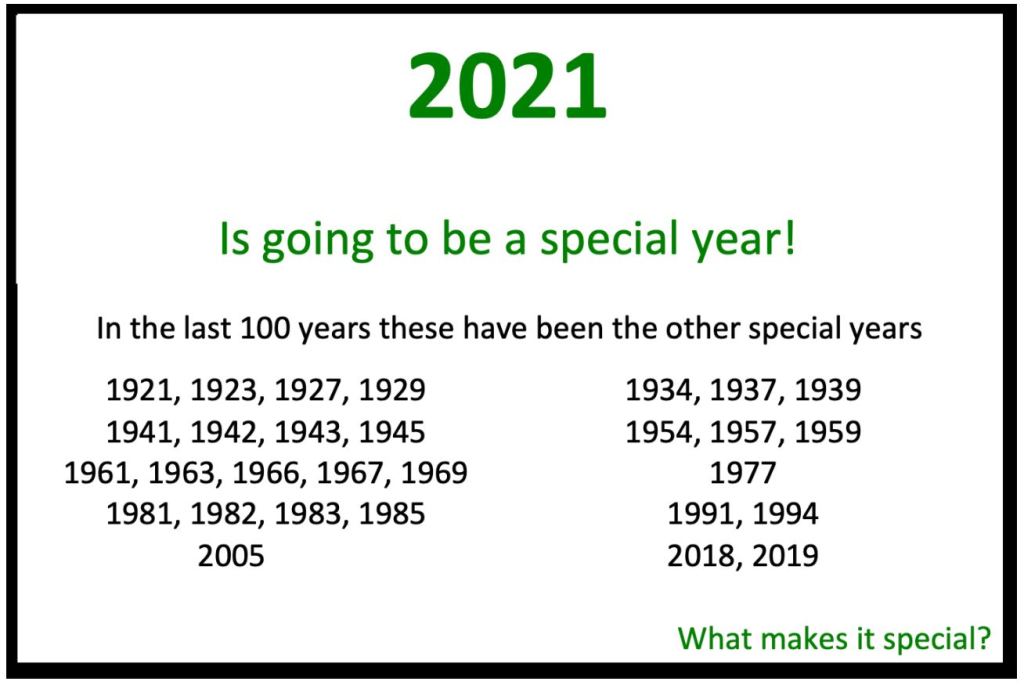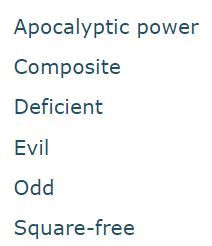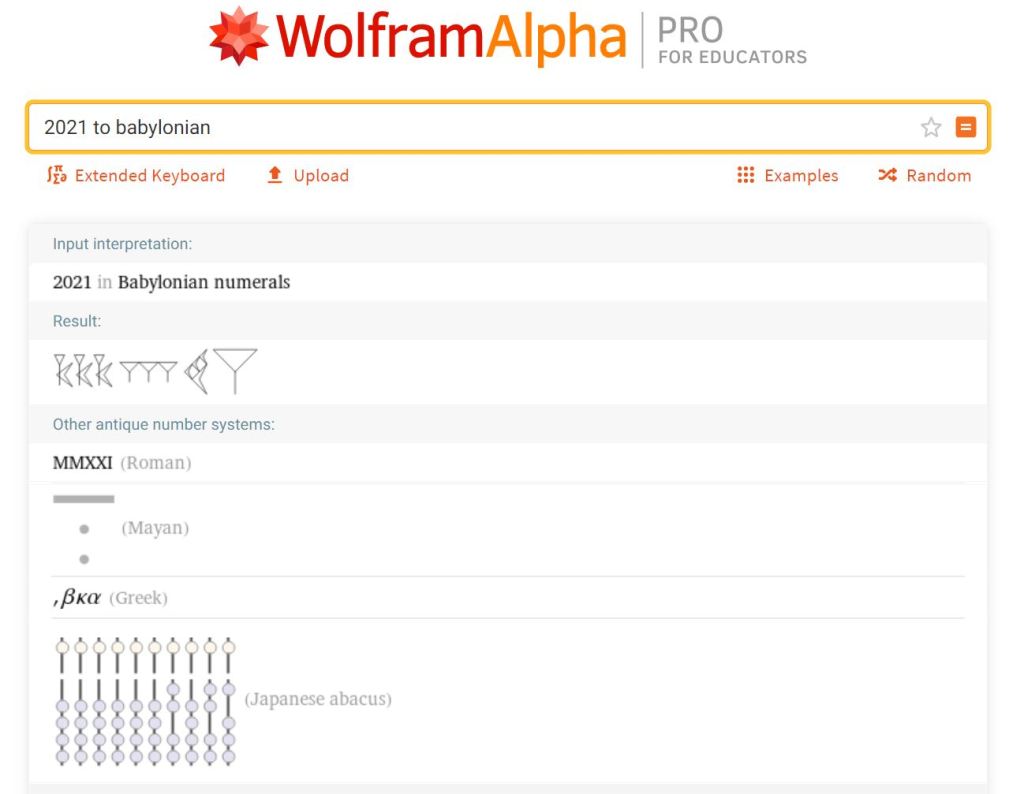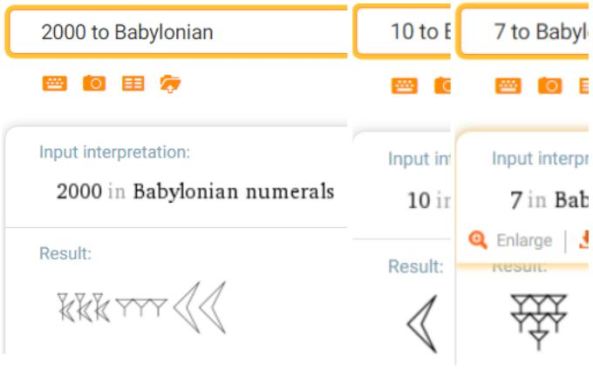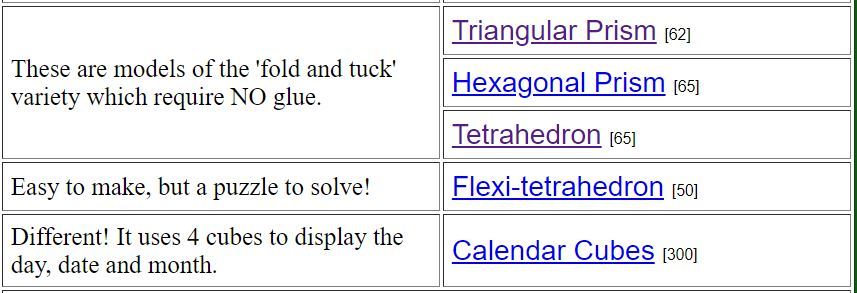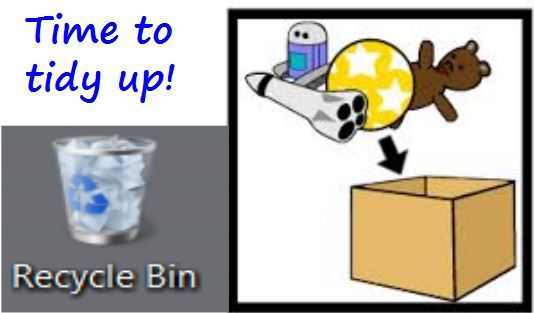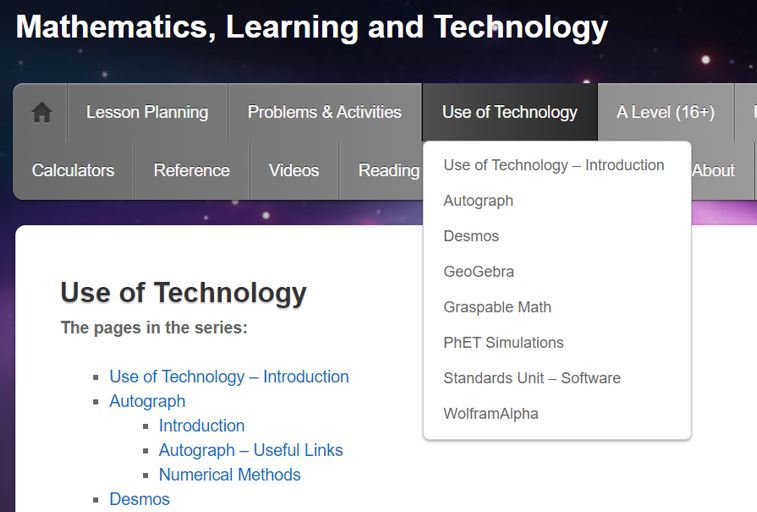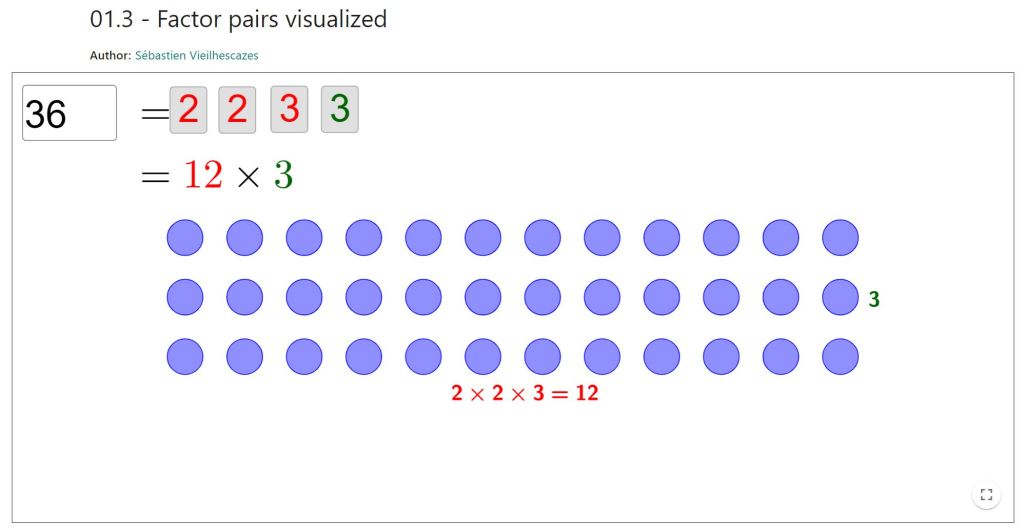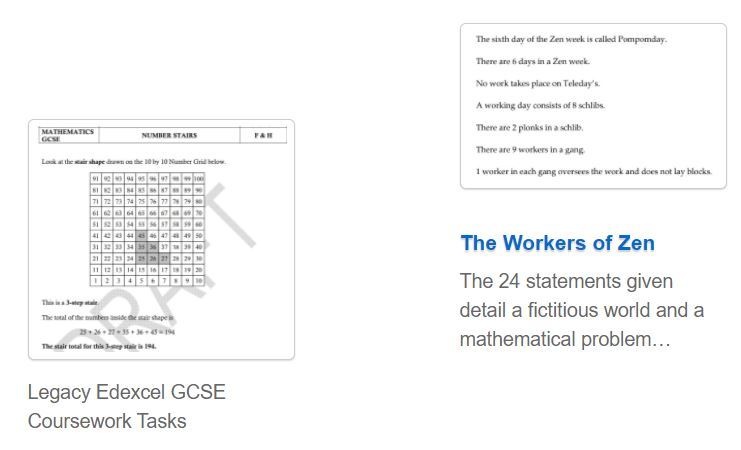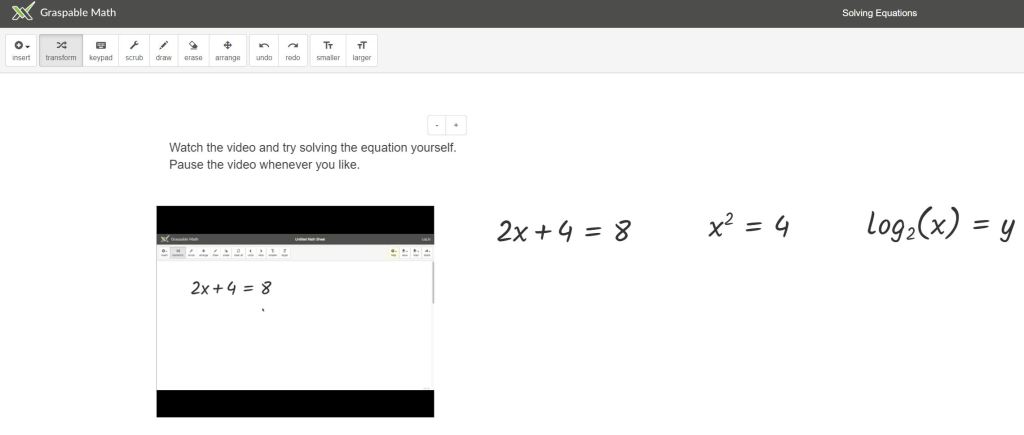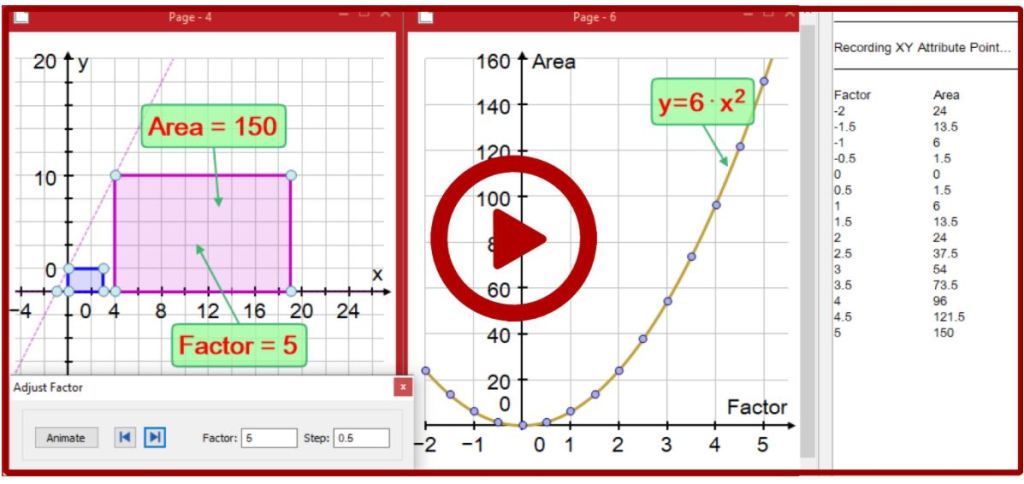Having written several Maths At Home posts since the first school closures, I thought it would be useful to provide a compilation post for these resources. All resource links have been checked and new resources added.
Daily Lessons provides a closer look at the daily lessons from White Rose Maths. These lessons are available for Early Years through to Year 10.
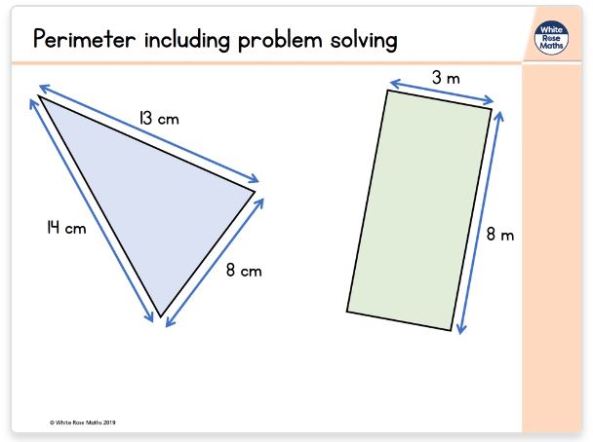

Also – a wonderful complement to these resources we have Nicola Whiston’s amazing collections of Key Stage 3 Knowledge Organisers (see also Knowledge Organisers – Mathematics) which follow the White Rose Schemes of Learning. She is sharing the collection here, via Dropbox. These are really attractive and I think will appeal to students. For consolidation and review these are perfect.
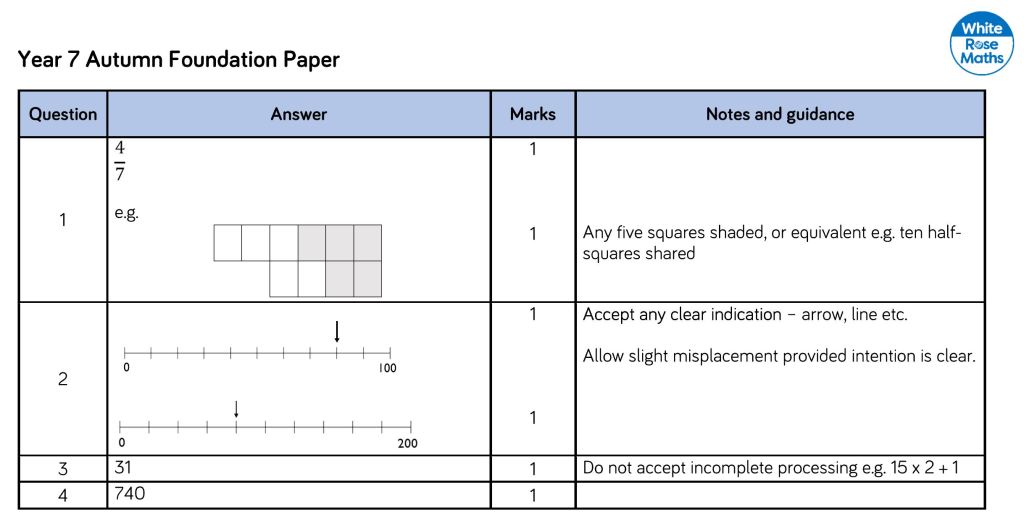
For more resources from White Rose Maths, see for example Secondary Schemes of Learning and Assessments for End of Block or End of Term.

From the Oak National Academy Online Classroom, an extensive collection of lessons is available. The lessons cover Primary and Secondary KS3 and KS4 for many subjects. For Maths, see KS3, KS4 Express Maths and KS4 Maths, note that various levels are available. These video lessons include activities for students.
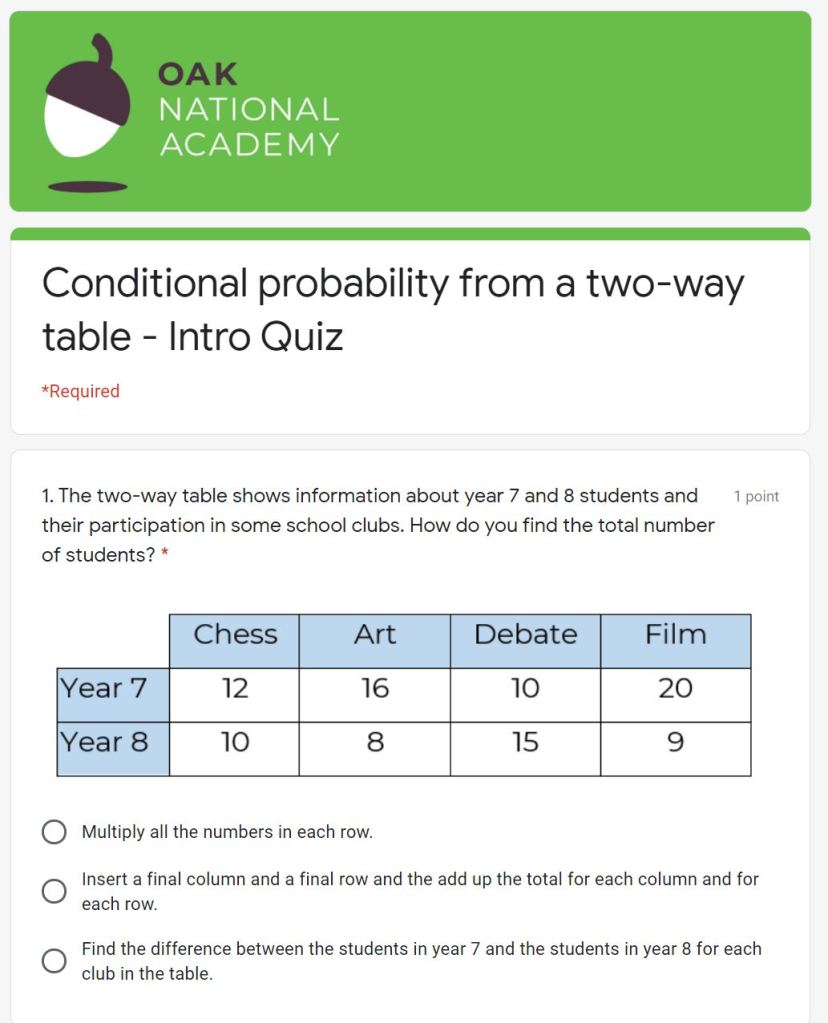
Looking at an Express Maths GCSE lesson, the introductory activity is a quiz. Feedback is provided where students submit incorrect responses.
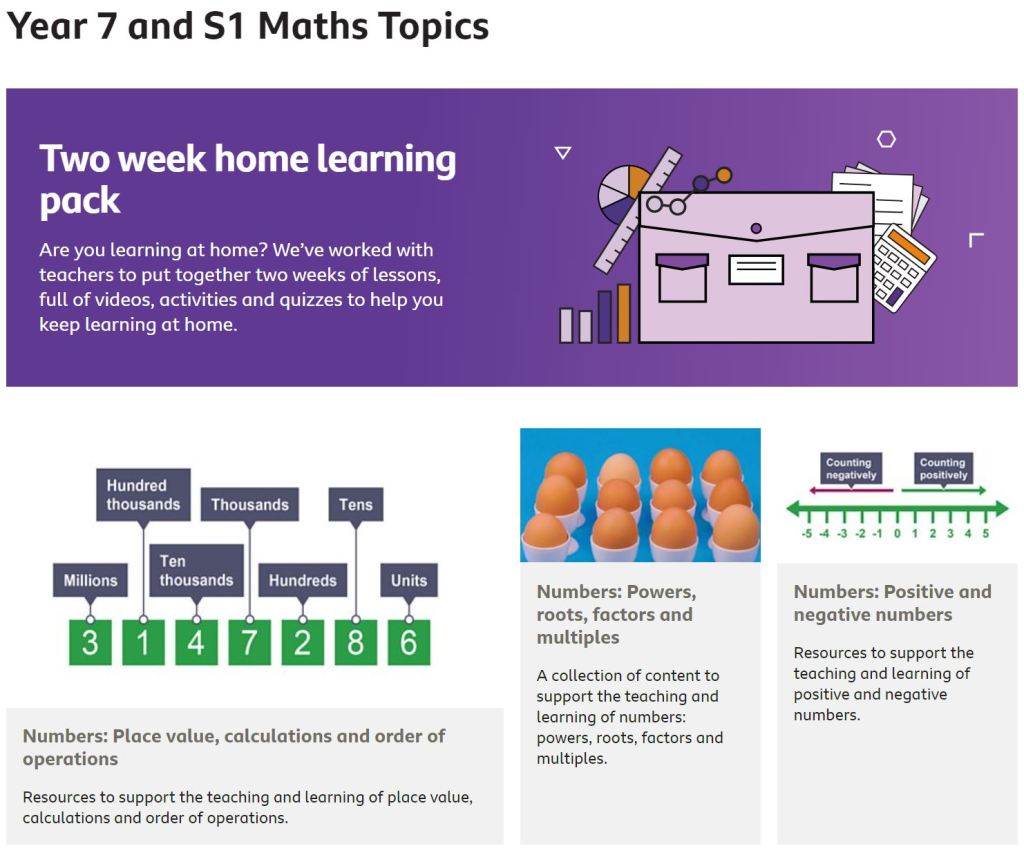
From BBC Bitesize, home learning resources are available for Years 1 to 9. If we look at Year 7 Maths for example we see collections which include lessons with videos, activities and quizzes. Note the two week home learning packs, these include several of the excellent daily lessons published in 2020.
More Maths at Home – AMSP describes the excellent resources from AMSP which focus on target groups of students to support their progression from Year 10 to Year 13 (ages 14-18) and beyond.
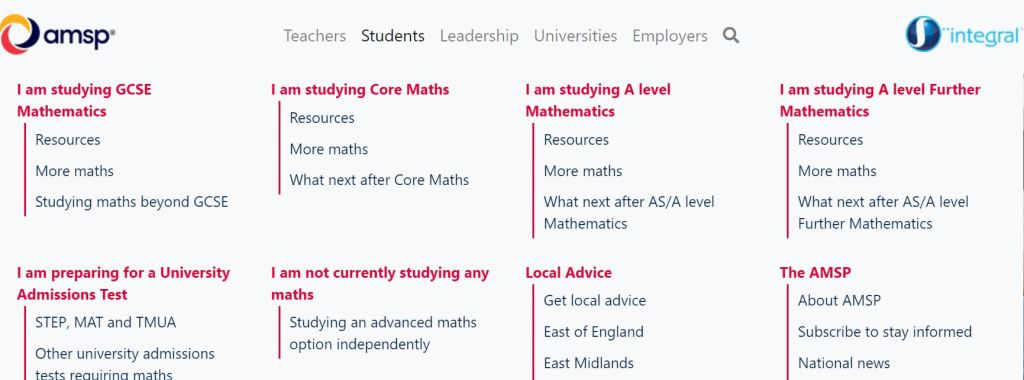
Note the menus for Students and Teachers at the top of the page which help you find appropriate resources. Choose the Student menu, then the appropriate option for the level of study.
Dr Frost Maths is of course used by millions round the world. Amongst the extensive library of resources are videos for students age 8-18 explaining topics from scratch. There are longer Exam-topic videos, average length 10 minutes and shorter Key Skill videos which are about 2-4 minutes in length.
Free lessons from Colin Hegarty recorded on YouTube are available to help GCSE students prepare for A Level Maths.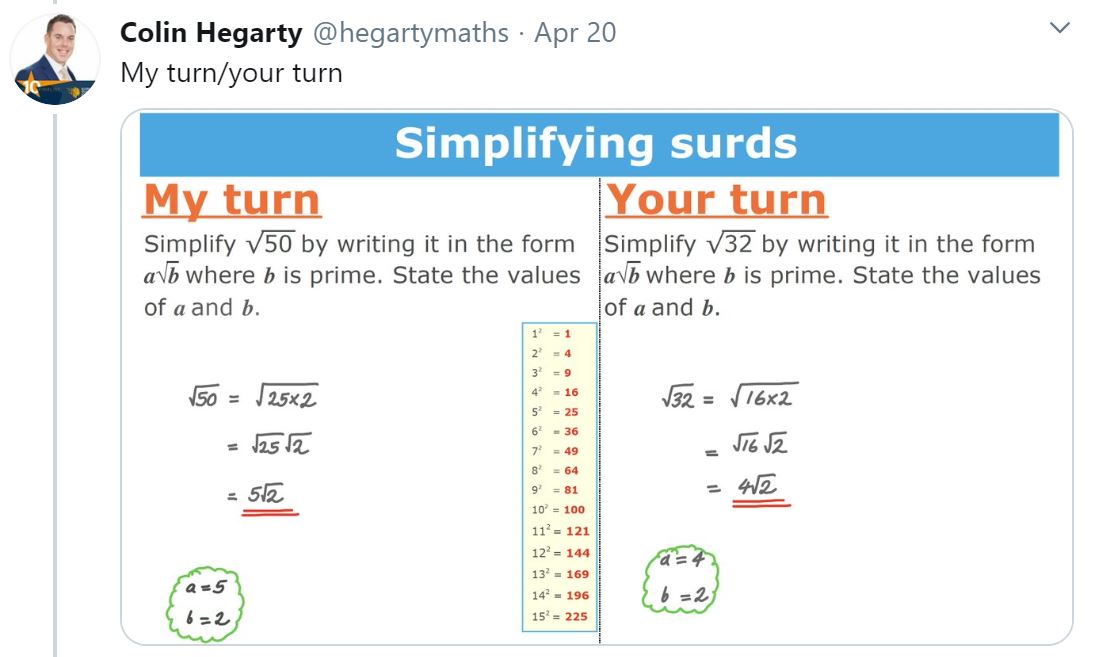
From NCETM, we have lesson-planning and professional development resources for primary and secondary teachers. The resources include a set of Primary Video Lessons.
Mathematical Miscellany #41 includes Whiteboard.fi. You can read about the features here and follow News and Updates. There are now Basic and Premium plans but the free plan does allow a temporary whiteboard (2 hours) with a link provided so students can join; it is also possible to insert an image as shown below. See Pricing.
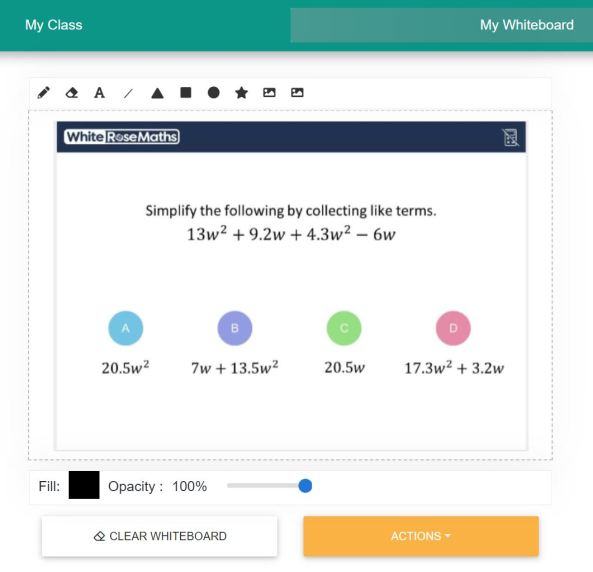
Alison Clarke-Wilson shared this blog on Research-based Effective Online Teaching Strategies
A well-written blog with some sound research-informed strategies https://t.co/qPULlYCg48
— Alison Clark-Wilson (@AliClarkWilson) May 13, 2020
Back to school at home… includes Home School Support from Maths Genie for students covering a range of abilities in three streams from Key Stage 3 (and high ability Key Stage 2) to high ability Key Stage 4.
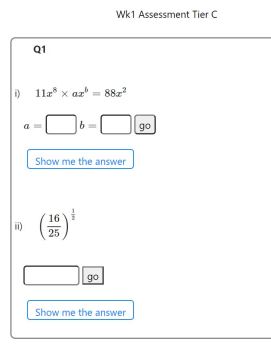
Maths Genie
The resources are available on the Maths Genie Home Learning – You Tube Channel. Videos are available on YouTube and at the end of each week a recap lesson, and a mini online assessment are available from Maths Genie’s Maths Grader. (@mathsgrader on Twitter)
This post also includes a reminder of Transum’s high quality, attractive resources. Given that there are an extensive number of self-marking exercises available, this can be a great source of activities for students to work on at home.


The Transum site is easy to navigate, there is a clear Topic Index for Teachers also, for students a Maths Map with numerous activities to support their learning.
Maths At Home – Nrich details some wonderful resources from Nrich who have published features for Primary and Secondary. Both have numerous activities students can work on at home. The activities are categorised by age and within each collection you will find activities in various categories which are fully explained in the article for teachers.
See also – Coronavirus Update: How NRICH Can Help You
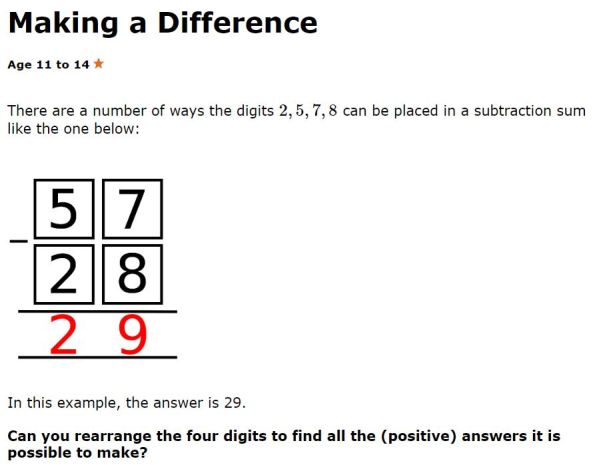
Mathematical Miscellany #38 included a reminder of all the great resources on Jonathan Hall’s Mathsbot – there are so many activities which students can use whilst working at home; with answers provided for students to check, they are getting feedback as they work. Students could try for example Differentiated Questions or a topic ladder of their choice. A recent edition is the student version of Do Now.
Mathematical Miscellany #39 includes from STEM Learning, Home learning activities for families with resources to support primary students and for Secondary students, Maths, Science, Computing, DT and Post 16 resources are available.
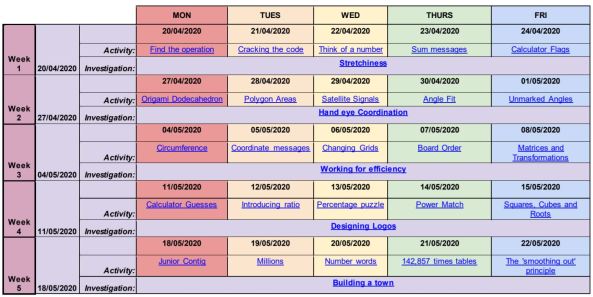
Looking at Secondary Maths, we see a collection of games, activities and puzzles that can be used to support children’s mathematical education from home. This attractive calendar links to resources for each day of the term; follow the guide, or choose appropriate activities. No account is required for the home learning resources linked to on the Maths Calendar.
A Level Mathematics, have you seen…? is on the resources from The King’s School, Chester.
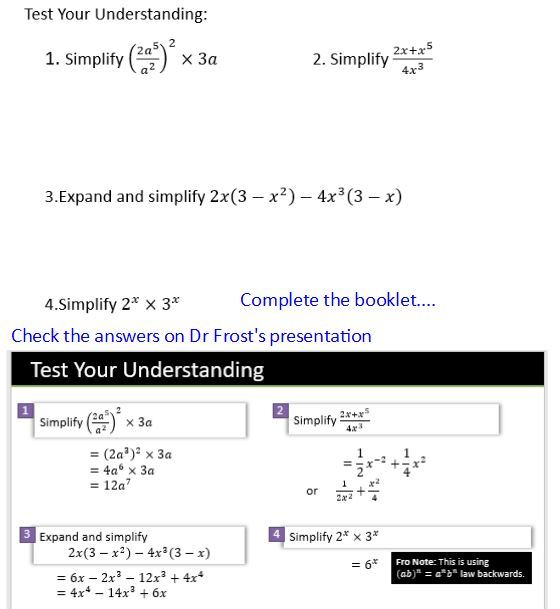
The Mathematics Department have written chapter booklets to accompany Dr Jamie Frost’s presentations. The booklets have been designed to be used by students to fill in whilst studying from the accompanying Dr Frost presentation. The resources have uploaded to TES, see this TES search; alternatively this Twitter thread has a link to each set of resources on TES (you don’t have to be a Twitter user to access the link).
Bring on the Maths was the first post written in the Maths At Home series and includes several resources for students working at home including Bring on the Maths,
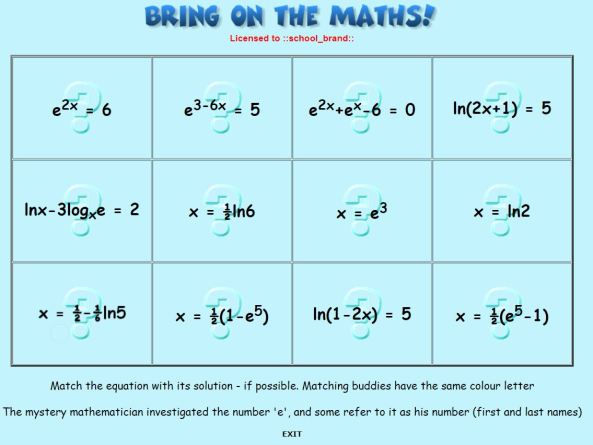
On CIMT there are interactive tutorials for Years 7, 8 and 9.
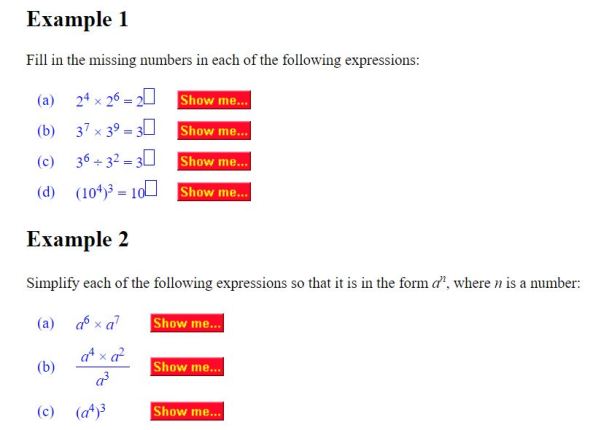
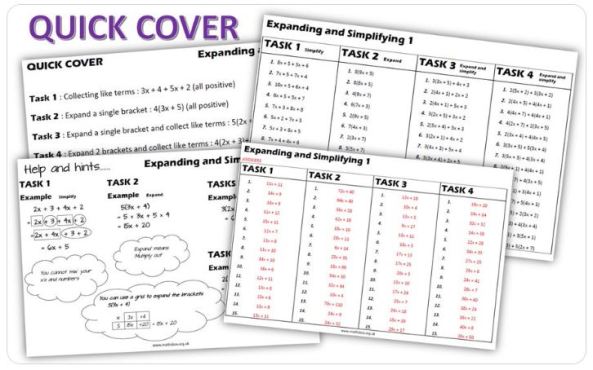
Mathsbox is a subscription (excellent value) site but
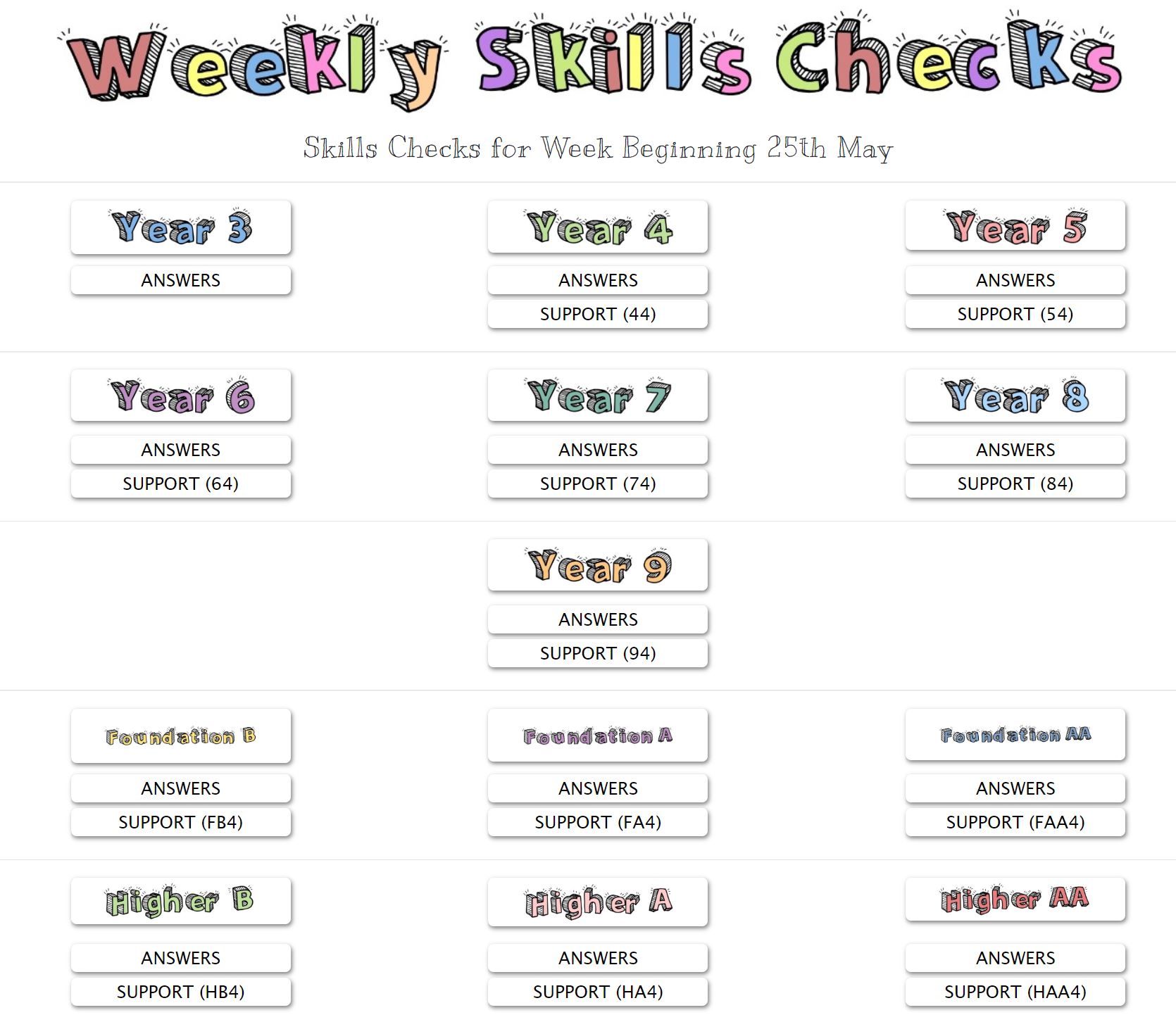
Also, free for everyone Weekly Checks for Year 3 to GCSE. New checks are available each Monday.
Also have a look at these Quick Cover Lesson samples; each each lesson includes examples/methods with 30 to 60 questions with answers.
MEI are providing additional support during school/college closures; a package of free resources to support remote teaching is available.
Craig Barton has shared links to many resources and ideas in his post: Covid-19: School closures – free maths support, resources and ideas.
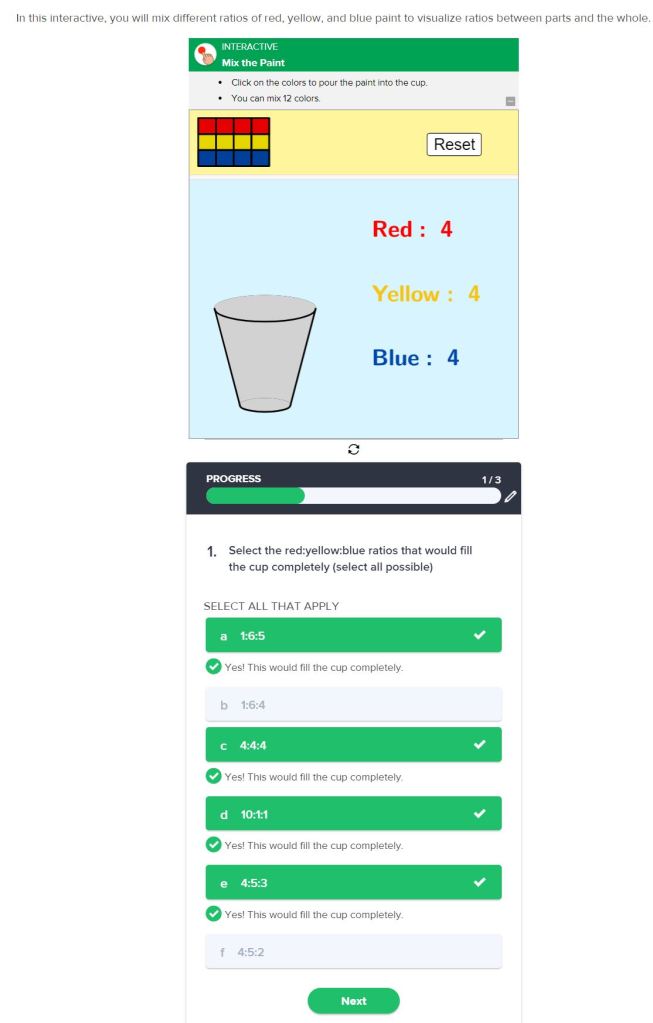
CK-12 Foundation has created a resource page with hand-picked lessons in math and science popular during the month of March.
ATM are providing some free resources at this time; note too ATM’s list of Activities for Home or School – suitable for Key Stages 2 to 5 – these have been suggested by ATM member and education consultant Mike Ollerton.
The resources for Key Stages 2, 3 and 4 include an extract with several problems with hints and suggestions from Forty Problems for the classroom.
A free resource for KS5 is a complete publication, The Proving Ground – an introduction to mathematical proof. This e-book offers forty easy to understand problems classified by one of three levels, level 3 has problems which have not been resolved. The book is very clearly structured, a notes page is provided for each problem, best accessed after trying the problem first. There are also Learning Pages which introduce different proof techniques. The home page is the contents page with links to all parts of the book.
From the introduction…
Hello, and welcome to this book, which offers you forty tricky, sometimes extremely tricky, mathematical
problems to think about. Twenty of these have been resolved by mathematicians, sometimes after many
years of work, but the other twenty at the moment remain unsolved, despite the attention of some
seriously clever people down the years. Will you be able to spot the difference?
